An 'Energy Local Club', where communities work together to match energy supply and demand and invest in clean energy, could help households reduce energy costs in the Outer Hebrides, where 40% of the population live in fuel poverty.
As part of the Responsible Research and Innovation Policy Experimentations for Energy Transition project (RIPEET), the international research initiative also highlighted exploring energy storage solutions and the importance of helping householders understand the best energy efficiency measures and domestic renewable energy technologies. The project focused on putting local communities at the heart of achieving a low carbon future.
RIPEET examined the impacts and benefits of bringing together communities, businesses, academia, government and the environmental sector to explore and deliver sustainable energy solutions. In particular, RIPEET looked at local energy supply options, energy efficiency strategies, and household renewable generation options to help minimise household bills and address fuel poverty.
The three-year project was funded from the EU's largest ever research and innovation programme, the €80bn Horizon 2020. As well as the Highlands and Islands, RIPEET worked with project partners from across Europe and communities in Extremadura in Spain, and Ostrobothnia in Finland.
The Scottish project was managed by Highlands and Islands Enterprise (HIE) and Community Energy Scotland (CES), who approved a joint bid by UHI North, West and Hebrides and Comhairle nan Eilean Siar to undertake research on the Outer Hebrides local energy economy, as a case study for other Highland and Islands communities.
Sarah Marshall, senior project manager at HIE, said: "The project explored what the ideal regional energy system would look like locally in 15-20 years' time. With 40 per cent of households in fuel poverty in the Outer Hebrides, this emerged as a priority area of action. The vision is to reduce fuel poverty, improve collaboration and better utilise locally generated energy. The report explores the next steps to achieving that.
"A key to the success of the project was the inspiring partnership with CES, Comhairle nan Eilean Siar, UHI North, West and Hebrides, and local organisations. The benefits of working together are clear to see. It's heartening to see that next steps highlighted through RIPEET are likely to be picked up by other regional energy transition initiatives such as the Islands Centre for Net Zero and Fast Followers."
The project included €50,000 of funding for an 'open call' for a project to help achieve the energy vision. The results of the project have been summarised in two reports.
Recommendations included:
• Establishment of an Energy Local Club to closely match energy supply and demand and where local communities work together to invest in clean energy
• Exploring an existing research group for piloting energy storage solutions
• Attracting further investment
• More support to be given to householders to help them to understand the most appropriate energy efficiency measures and domestic renewable energy technologies.
• Better understanding of grant availability and application processes.
Island households and installers were surveyed to get their views on the most realistic household strategies for a just and sustainable energy transition.
Dr Michael M Smith, programme leader for MSc in Sustainable Rural Development, a new Masters programme launching at UHI North, West and Hebrides in September, led on the research.
He said: "High fuel costs, poor energy efficiency, climatic exposure and below average household incomes all conspire to create a fuel poverty crisis in the islands.
"Through the EU Horizon funded project, we understand the ongoing challenges better and have been able to explore potential and innovative solutions to support a widespread community-based transition moving forward. I am also delighted that we've had the opportunity to share our findings with other regions with similar challenges across Europe and at the same time hear about their solutions to very similar challenges."
Matthew Logan, Island Centre for Net Zero Outer Hebrides manager at CES, said: "We were really happy to see Comhairle nan Eilean Siar and UHI North, West and Hebrides collaborate on the Outer Hebrides Local Energy Economy Pilot Project as part of RIPEET. Both organisations had been involved in the 'Transition Lab' stakeholder group throughout the RIPEET project and therefore had a good understanding of which issues had emerged as energy priorities for local organisations and representatives, primarily enabling locally generated energy to be supplied to householders in the Outer Hebrides.
"It was great to see the 'co-creation' approach embraced by CnES and UHI NWH, this involved regularly discussing the pilot with local stakeholders, in particularly with community groups voicing householders issues, and taking on their feedback to shape the development and outcomes of the project. The work carried out through the pilot project produced useful insight into motivations and challenges householder face when looking to adopt domestic renewable and energy efficiency technologies, as well as reviewing a number of local energy supply models. This has set a good foundation for further research and trial projects which will help address fuel poverty in the Western Isles.
"Community generators across the Islands have long held the ambitions to supply energy locally and remain interested in exploring the outcomes from the pilot project and being involved in any trial opportunities that emerge.
"We are looking forward to continuing to work on these issues in collaboration with a full range of local partners with community voices at the centre of our efforts. Initiatives such as the Islands Centre for Net Zero provide an ideal opportunity to do so."
Councillor Donald Crichton, said: "With the ongoing uncertainty around energy tariffs and with the cost-of-living crisis continuing to affect our island population, Comhairle nan Eilean Siar welcomed the opportunity to collaborate on this project.
"Undertaking several connected work packages covering a range of technical options to promote the much-needed journey out of fuel poverty, the opportunity to develop a local energy economy, embracing our many renewable energy sources, is now very real. Future scopes including offshore wind, hydrogen and battery storage to address the intermittency of existing renewables, will all bolster the Comhairle's vision for a locally run energy supply company.
"The RIPEET project has allowed us to review previous strategies and bring new legislations into our island context. Current negotiations with our electricity network distribution operators, along with several related procurement options are being actively progressed. Bolstered by a recently funded Innovate UK post dedicated to reducing fuel poverty through decarbonisation, the Comhairle is making headway into an energy solution for the benefit of all island residents currently using grid-connected electricity and domestic gas."
Construction News
05/04/2024
Outer Hebrides Participate In International Energy Usage Study
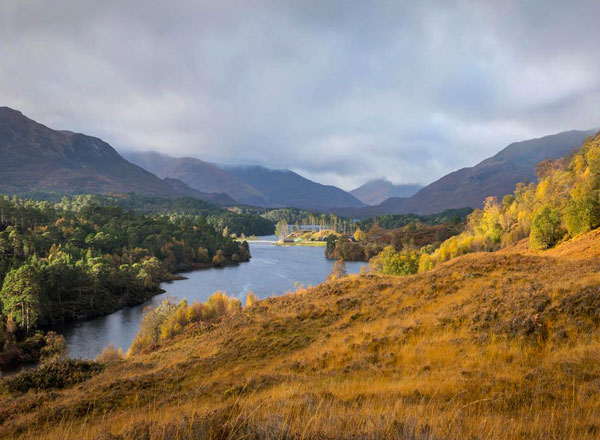
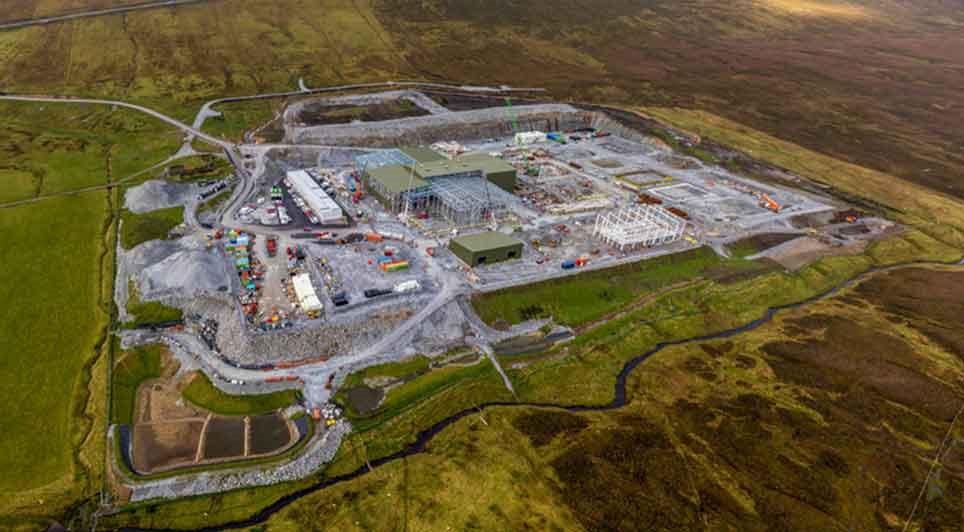
17/06/2025
Sypro has announced a major milestone in its long-standing partnership with SSEN Transmission, having now managed over £5 billion in contracts supporting the UK’s critical energy infrastructure across more than 250 projects in the north of Scotland.
For more than a decade, Sypro's digital contract
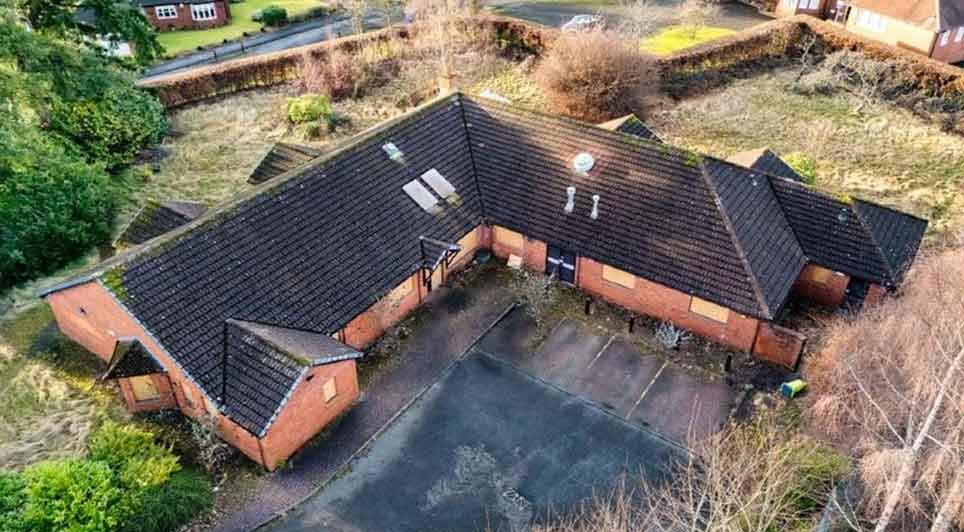
17/06/2025
Stirling Council has approved the sale of the former Beech Gardens Care Home in Torbrex.
At a recent council meeting, Urban Nest Scotland Ltd was confirmed as the preferred bidder. The company plans to redevelop the vacant site for private residential use, with proposals that aim to complement the
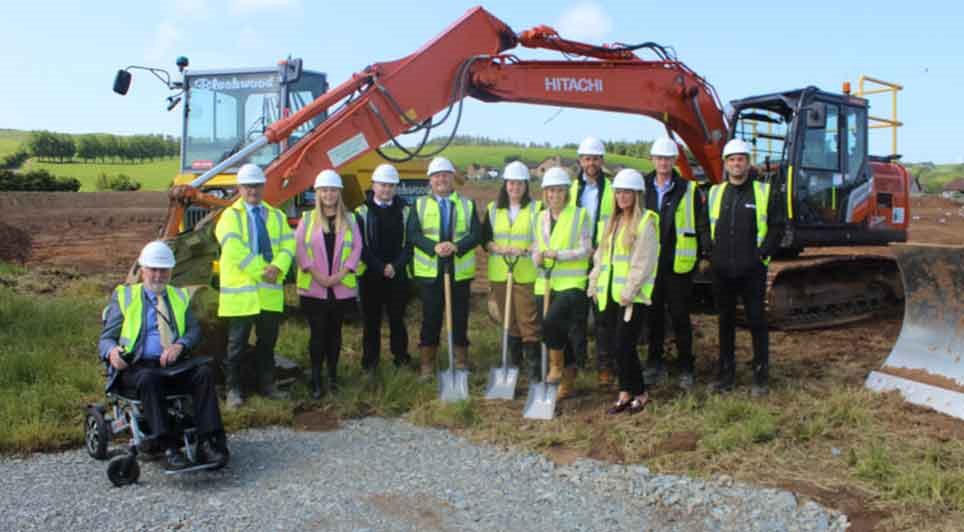
17/06/2025
Two sod-cutting ceremonies have marked the official start of new housing developments in the west of Dumfries and Galloway, as Wheatley Homes and McTaggart Construction begin delivering vital social housing in Stranraer and Leswalt.
The ceremonies celebrated the beginning of construction on two sit

17/06/2025
Fife Council is inviting residents to take part in a public consultation on short-term lets, seeking views on the potential introduction of Short-Term Let Control Areas across the region.
The consultation, now open, aims to gather public opinion on whether areas should be designated where planning

17/06/2025
Highland charity DAY1 is exploring opportunities for an ambitious new centre of learning, capitalising on the opportunities in construction and green energy revolution, expanding its services to support more disengaged youths across the Highlands
Since 2005, the Inverness-based charity has been pro
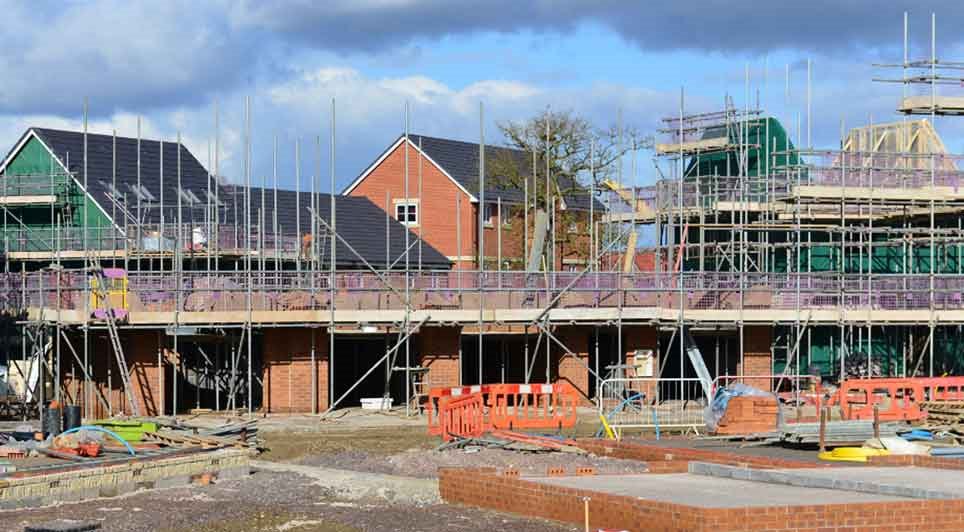
17/06/2025
AS Homes (Scotland) has secured planning permission from East Renfrewshire Council for a new social housing development in partnership with Barrhead Housing.
The project will see 12 new flats built for social rent on Cross Arthurlie Street, a brownfield site near Barrhead Park and the town's train

17/06/2025
Whiteinch & Scotstoun Housing Association (WSHA) has officially launched its new business plan for 2025–2030, outlining a bold and community-focused vision to strengthen its role as both a leading housing provider and a key anchor organisation within the local area.
The five-year strategy sets out

17/06/2025
Balfour Beatty has announced the appointment of Nick Rowan as Managing Director of its UK Construction Services Regional Scotland business, effective from 4 August 2025.
Rowan, who began his career with Balfour Beatty 30 years ago as a Graduate Surveyor, steps into the top regional role following a
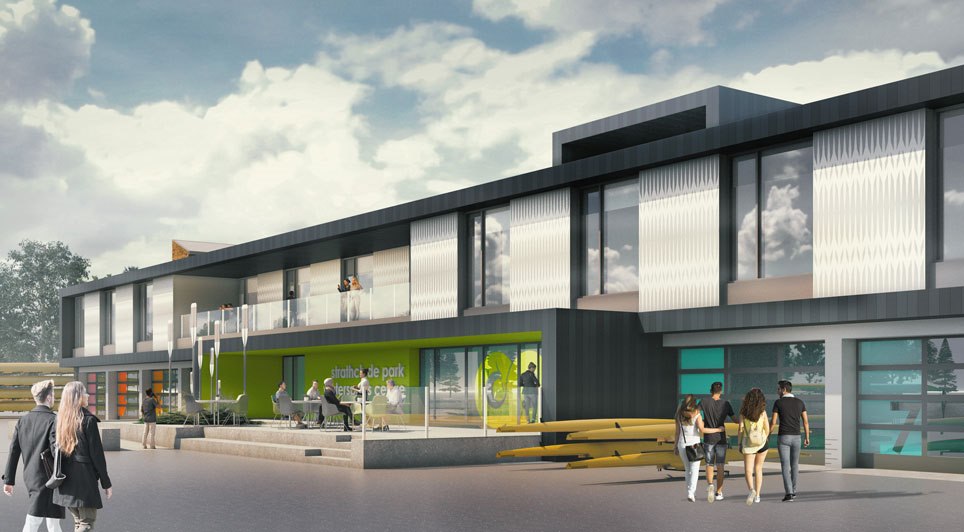
16/06/2025
Work has commenced on a major project to transform the Watersports Centre at Strathclyde Country Park into a multi-purpose community facility, with an ambitious target to reduce the building's carbon footprint by at least 80%.
The initial stage, focusing on improving the building's entrance and ac
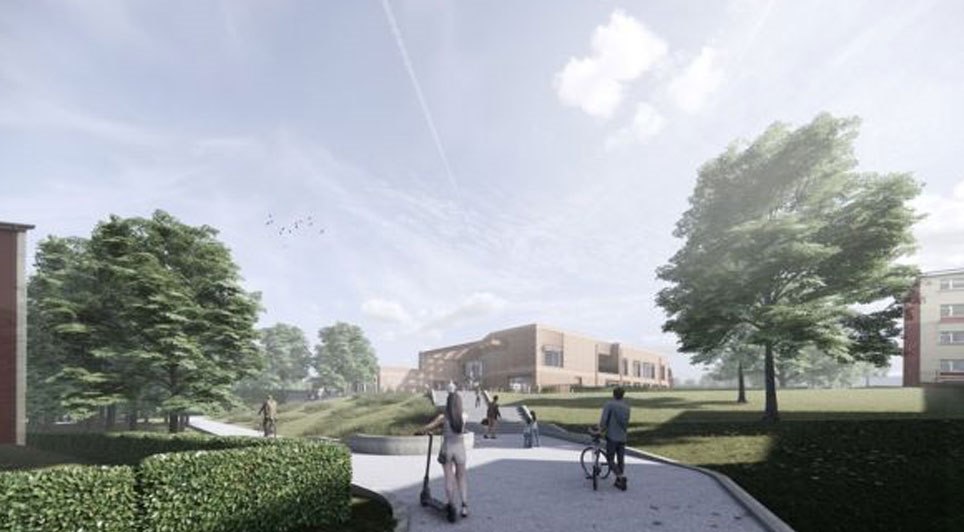
16/06/2025
Work is expected to commence this summer on the site for the new Mayfield Community Learning Campus, following Midlothian Council's appointment of Kier as the main contractor.
The £41.8 million project is expected to complete its construction phase by spring 2027, with the overall campus fully ope
 Scotland
Scotland UK
UK Ireland
Ireland London
London











